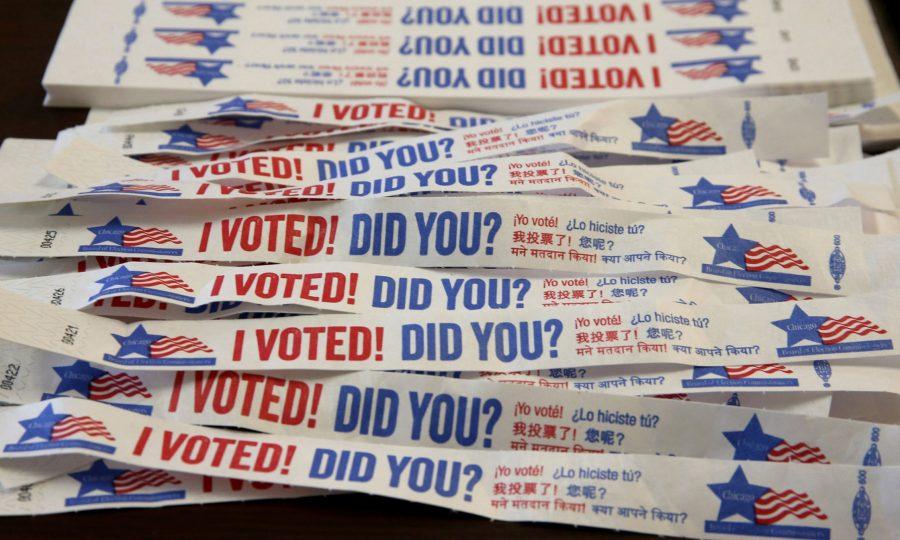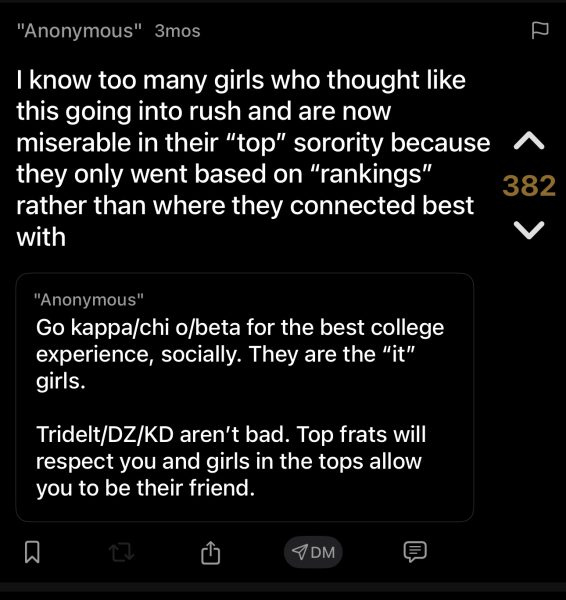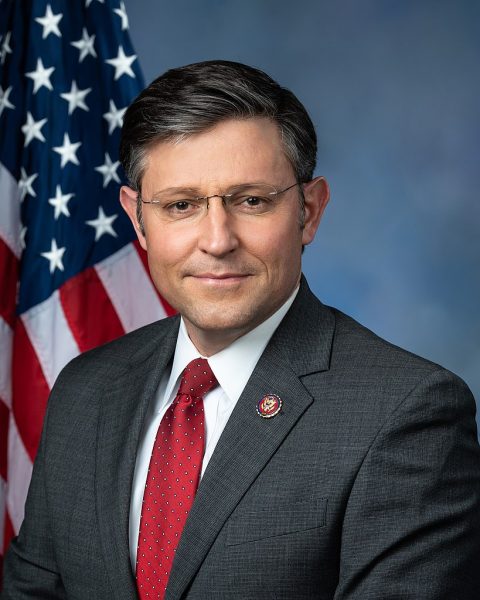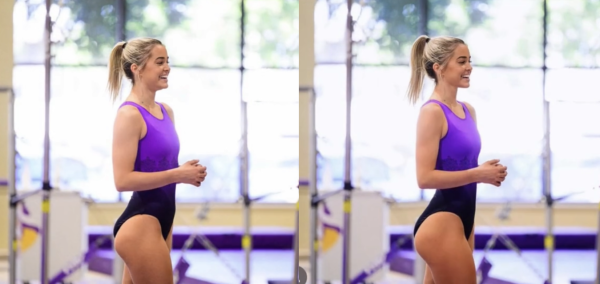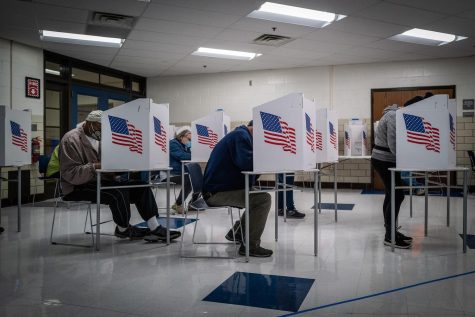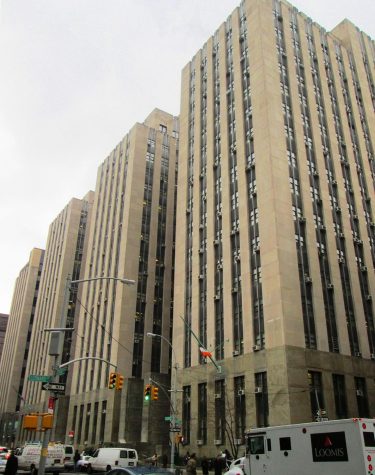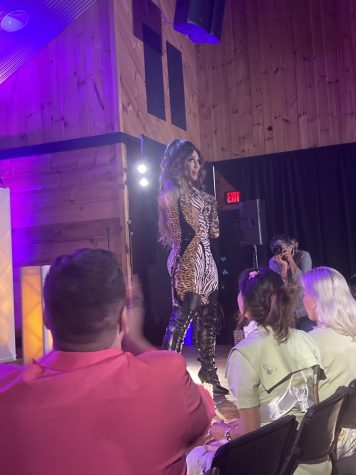As Wake Forest pushes voter turnout, voter education remains lacking
While more students than ever are going to the polls, many may not know which candidates share their values
While many students plan to vote, many have not been educated on the candidates and issues, writes Addison Berry.
November 1, 2022
As Election Day rapidly approaches, the Wake Forest student body is gearing up to cast their votes for their favorite candidates — or not. On Oct. 20, early voting for midterm elections in North Carolina began and will remain open until Nov. 5. Yet many Wake Forest students still may have no idea who or what they are voting for.
In 2020, Wake Forest was given a Gold Seal for their high student-voter turnout of 78.2%. This award was given to all campuses that reported between 70-79% voter turnout. It seems student organizations like Deacs Decide are pushing to make this percentage even higher this year. Campus organizations have been sending out emails and speaking in classrooms to promote student-voter mobilization. While these are great efforts, it seems voter education has been put on the back burner, and the focus is on increasing voter turnout.
The purpose of voting is for the populace to have a say in the governing bodies. We have the opportunity to decide who is making political decisions and advocating for us. Especially with issues such as abortion, gun violence and the economy on the line, more needs to be done to make sure students have the resources to make educated decisions at the polls.
As busy college students in the midst of Wake Forest’s “work hard, play hard” culture, I doubt that researching political candidates is at the forefront of many students’ minds — it is definitely not at the forefront of mine. Because of this, the university and political student organizations should provide more resources on candidates running for office and the midterm elections so that students can make educated decisions when they cast their ballots.
I have spoken with groups of freshman and sophomore first-time voters who have no idea what the midterm election is or who is running for office. Each one of them has plans to vote, but they have no idea who or what they are voting for.
When freshmen say, “I’ll call my mom and figure it out,” or, “I have no idea what I’m doing,” it is clear that we have missed the mark when it comes to voter education.
Some freshmen say that their parents will either greatly or 100% influence their voting decisions. I can’t blame them — I remember calling my dad and asking which candidates I should vote for during the 2020 election my freshman year. Considering this, it seems more probable that parents are getting two votes, rather than students’ voices being heard.
While I applaud the efforts of organizations like Deacs Decide that are working to increase election engagement on campus, more can be done to educate students rather than just pushing them to go to the polls. I have received numerous emails and GroupMe messages with directions on how and when to vote. I have even received detailed instructions on how to register to vote. However, I have heard little information about the candidates on the ballot or where to find that information.
So far, Wake Forest Student Government has released a statement in conjunction with Wake Forest Democrats and Republicans on the midterm election with one link to find resources on candidates. While the information is helpful, this statement was only posted on the Instagram page, making it easy for students to miss. The link was also hidden amidst paragraphs of information on where to vote.
Moreover, neither Wake Forest Democrats or Republicans have posted endorsements for candidates on their Instagrams, providing no help to early voters.
Initially, I felt this issue was isolated specifically to the freshmen and sophomores, but I have noticed this lack of education among upperclassmen as well. The reality is that voting sneaks up on us. As students, there are always many other “more pressing” matters filling our heads. While we absolutely could take the initiative to find candidate information and sample ballots online and on our own time, many students simply do not feel motivated or have the time to do so.
While it seems voter turnout may be high again this year, is that something that should be celebrated if people do not know what they are voting for? Are our voices really being heard if we can’t make educated decisions?
The more conversations I have with students about voting, the less I feel that Wake Forest should be celebrated for its high voter turnout. This number does not matter if students are not aware of the people or policies their votes are electing. Ignorantly checking off a name on a ballot is not being an active participant in the democratic process.
The purpose of voting is for the populace to have a say in the governing bodies. We have the opportunity to decide who is making political decisions and advocating for us. Especially with issues such as abortion, gun violence and the economy on the line, more needs to be done to make sure students have the resources to make educated decisions at the polls.


